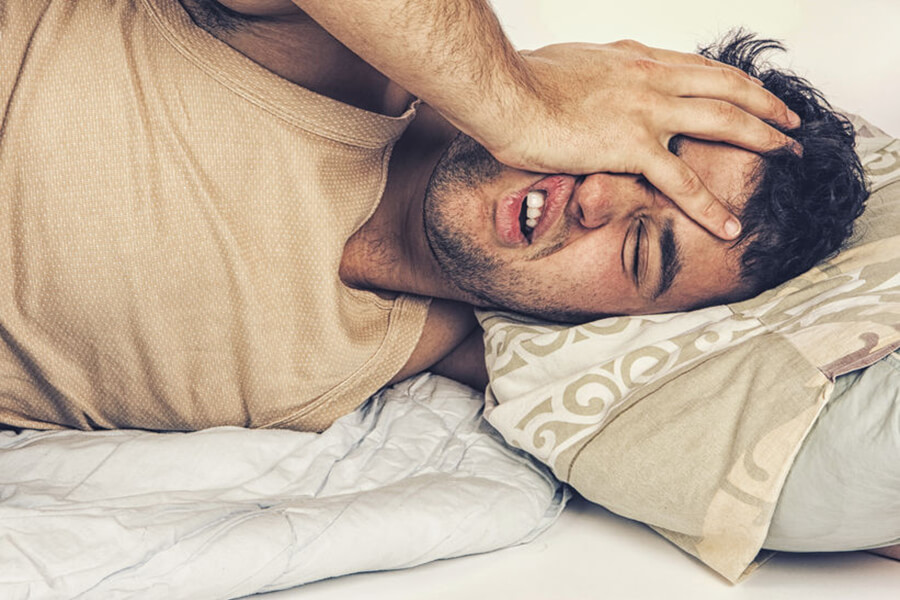Have you ever felt a random soreness in your jaw when you wake in the morning? Or realized that your teeth have become sensitive, even if you do brush and floss daily? You may be experiencing bruxism. Bruxism, or teeth grinding occurs most often during sleep. However, it can also occur subconsciously while awake. There are no causes for this condition, but physical, psychological, and genetic factors can come into play.
What are some signs and symptoms I should be looking out for?
Treatment may not be needed for mild bruxism, but if you experience any of these signs and symptoms, you may need dental care:
- Loudly grinding or clenching teeth while asleep
- Flattened, fractured, chipped or loose teeth
- Worn tooth enamel
- Tooth pain or sensitivity
- Tired or tight jaw muscles
- Earache pain
- Dull headaches
- Damages from chewing inside your cheek
- Sleep disruption
What are some complications that can occur from teeth grinding?
Not seeking medical care for bruxism can lead to more serious complications such as:
- Damages to your teeth and jaw
- Tension-type headaches
- Severe facial or jaw pain
- Disorders that occur just in the joints in front of your ears (temporomandibular joints)
What are some treatment options that can help stop teeth grinding?
If you are experiencing bruxism there are some remedies that can help you overcome this condition.
- Mouthguards and splints.
- Mouthguards can be an option to help combat sleep bruxism. They cushion your teeth and stop them from grinding against each other when you sleep and help to reduce jaw pain. They can be purchased over the counter or can be custom made at your dentist’s office.
- Reductive coronoplasty
- A dental procedure that can level the biting surface of your teeth.
- Botox
- Botox can help to relax the large muscle that moves your jaw (masseter) which leads to relieving bruxism and any associated headaches.
- Biofeedback technique
- This technique can help you become aware of and eliminate behavior that relates to bruxism. Usually a therapist will teach you how to control jaw movements.
- Stress reduction techniques
- Meditation
- Yoga
- Talk therapy
- Exercise
- Tongue and jaw muscle exercises
- These exercises can help relax the jaw and facial muscles.
Treating bruxism early on is essential to prevent dental complications related with this condition. Seek help from your dentist if you believe you have bruxism.

